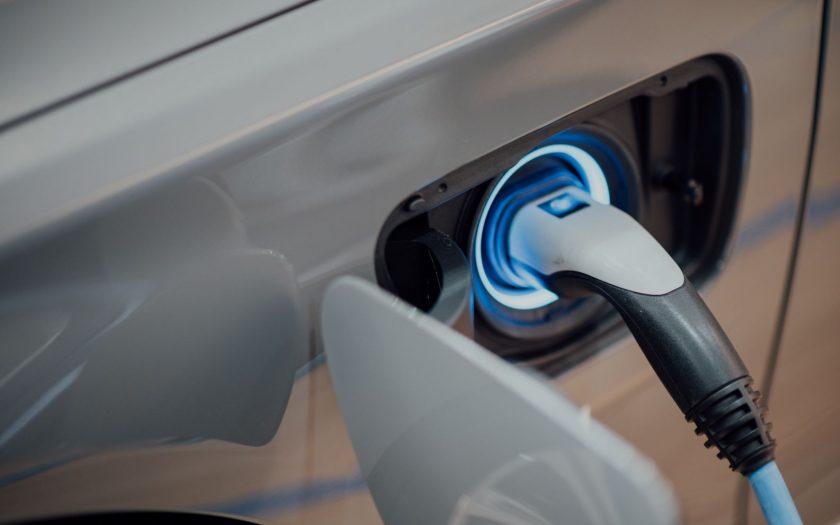THERE’S ONLY ONE WORD FOR the push into EVs and that’s “relentless”.
Certainly, governments are pushing ahead with their plans to have us all driving EVs by 2030 (or 2050), but it’s the car companies who will have the final say, and if you love the pleasures of an internal combustion engine, the signs aren’t good.
Brand after brand is making the move to electric, often leaving buyers with no other choice. And it will only get worse (or better, depending on your point of view).
Alfa Romeo
The quintessential driver’s car, Alfa Romeo, won’t be offering anything but battery-power in Europe, North America and China from 2027. Thanks to our on-again-off-again policy on EVs in Australia, Alfa Romeo (part of the Stellantis Group) has not announced whether Australia will be included in its move to all-electric.
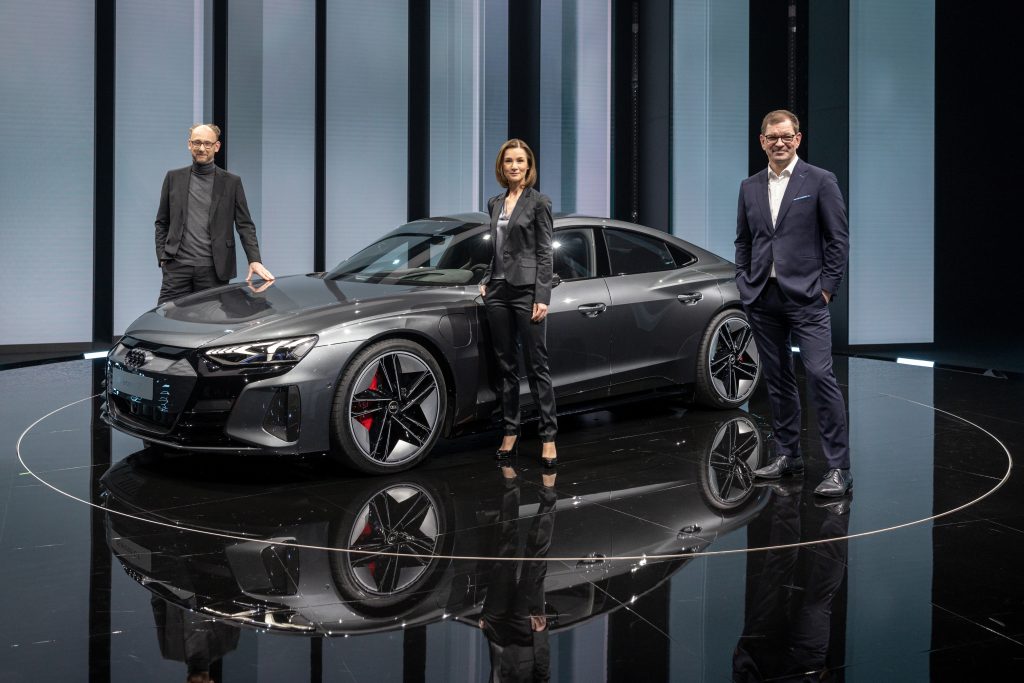
Audi
German car maker Audi has declared that all of its new models to be released from 2026 will be electric, although petrol, diesel and hybrid cars released before 2026 will continue to be sold into the early 2030s. All development of the ICE (internal combustion engine) will be phased out by 2033.
Bentley
Part of the Volkswagen Group, Bentley will be all-electric by 2030, an ambitious target since it is yet to launch its first battery electric vehicle (scheduled for 2025). Two of its current three models are available as hybrids (the third is due in 2023). Bentley will phase out ICEs by 2026.
Fiat
Stellantis-owned Fiat also intends to be exclusively electric by the end of the decade. Between 2025 and 2030, ICE cars will be gradually phased out.
Ford
American car company Ford expects between 40 and 50 percent of its global sales will be battery electric by 2030 and all of its passenger vehicles in Europe will be electric by the same year. To achieve that goal, in the single largest manufacturing investment in the company’s 118-year history, Ford has partnered with Korean battery company SK Innovation and will build an electric assembly plant and three battery plants in the US, with a planned opening date of 2025.
General Motors
As if in lock-step with rival Ford, GM is aiming to sell nothing but zero emission cars by 2035, and carbon neutral by 2040. GM’s investment is also substantial, with an expenditure of $US35 billion on electric and self-driving vehicles between now and 2025.
Honda
Honda is busy developing both battery powered and fuel cell vehicles and expects electric and hydrogen cars to make up 40 percent of its sales by 2030 and 80 percent by 2035. It will only sell electric vehicles in North America, China and Japan by 2040.
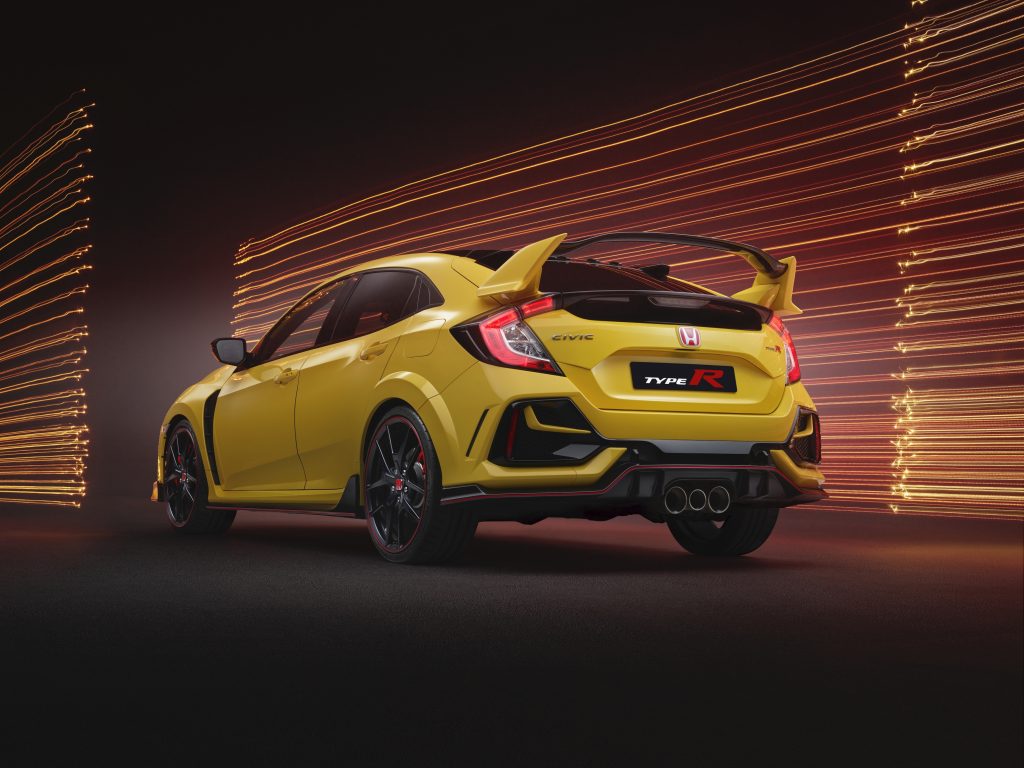
Hyundai
Hyundai has been focusing heavily on hydrogen (fuel cell) vehicles and has entered into an agreement with Toyota. As a result, Hyundai (which also includes Kia) will become the first car maker to produce only fuel cell commercial vehicles by 2028. Part of its wider plan is to ensure that the price of hydrogen fuel cell vehicles is comparable to battery electric vehicles by 2030. That’s not to say Hyundai has abandoned EVs; the group aims to be fully electric by 2040 and will gradually expand its BEV range in the US, Europe and China.
Jaguar
Jaguar Land Rover has promised to become a net zero carbon business by 2039. The company announced in February that Jaguar products would be all-electric from 2025. The first all-electric Land Rover model will be released in 2024, with plans to phase out ICEs for that brand as well.
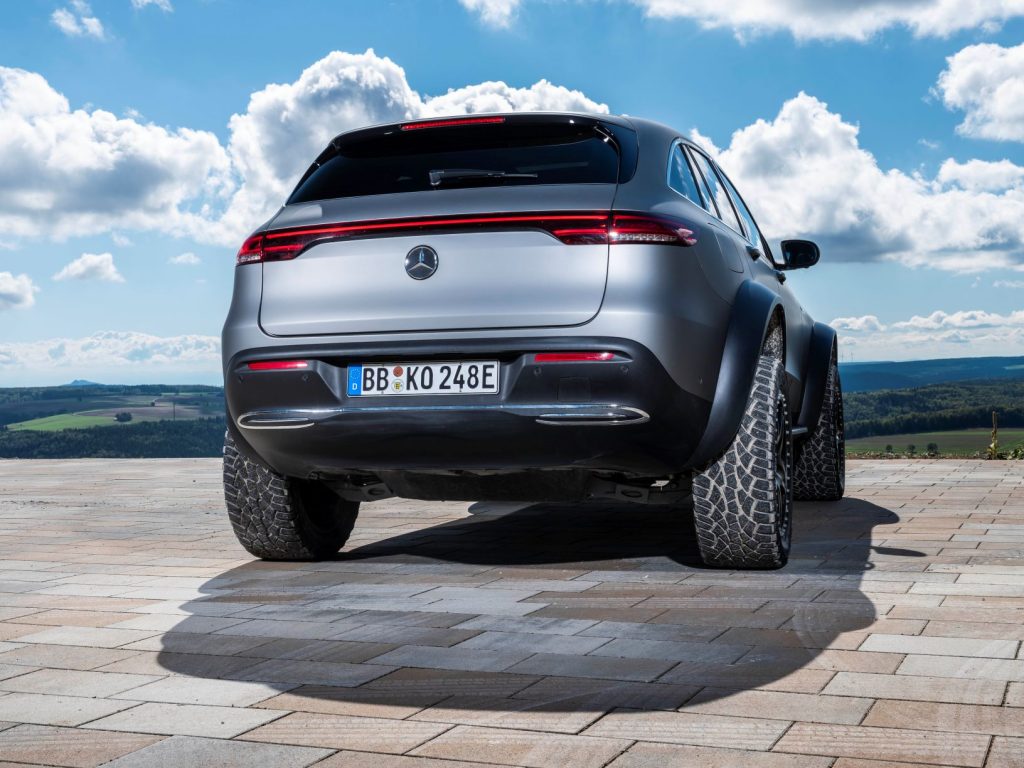
Mercedes-Benz
Daimler-owned Mercedes-Benz is also aiming for all-electric by the end of the decade. It has a target of 50 percent battery or hybrid vehicles by 2025.
Mini
Mini, now owned by BMW, will release its final ICE model in 2025, and by the end of the decade, produce only battery electric vehicles.
Nissan
In its key markets of Japan, China, the US and Europe, all Nissan cars will be electric by the early 2030s. The conglomerate of which Nissan is part (Renault Nissan Mitsubishi Alliance) has committed to be carbon neutral by 2050.
Renault
In a move not matched by other manufacturers, Renault is arguing against the European Commission plans to ban the sale of hybrid vehicles by 2035. However, that’s not to say Renault isn’t on the EV bandwagon: 90 percent of its cars will be all-electric by 2030.
Rolls-Royce
That most iconic of British luxury cars (although now owned by BMW), the Rolls-Royce will only be available as an electric vehicle by 2030. R-R’s first fully electric car, the Spectre, will arrive in late 2023.
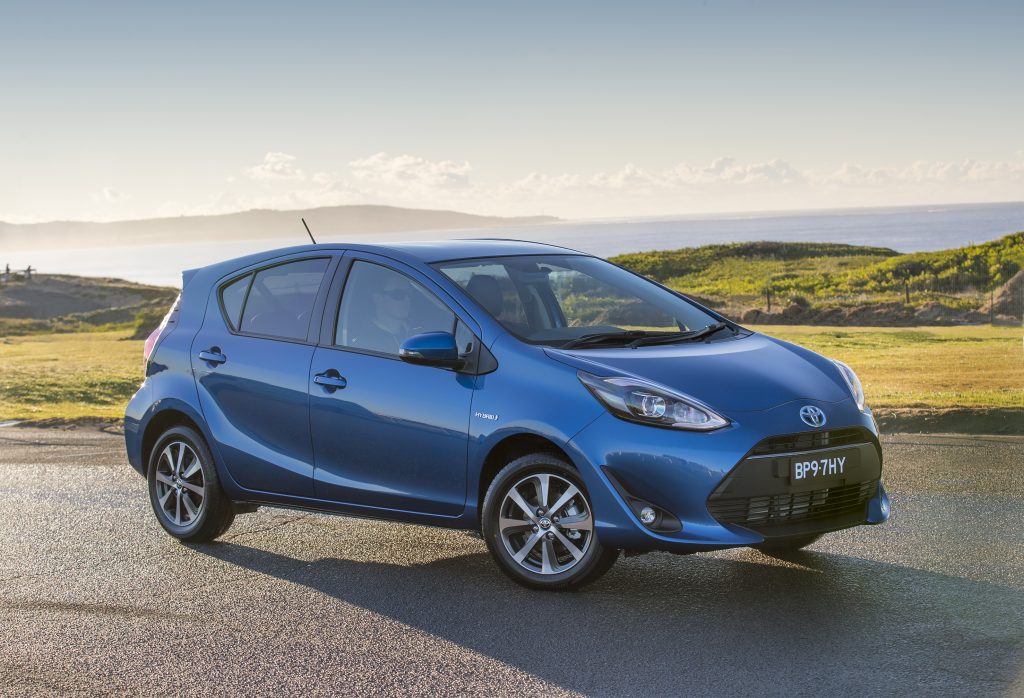
Toyota
The company that dominates the Australian market (according to the RACV, controlling 22.3 percent of the market) is committed to making its range produce no emissions by 2050. However, Toyota is not only committed to EVs, it is also investing in the development of hydrogen cars (and sharing data with Hyundai).
Volkswagen
Arguably the world’s largest car maker (along with Toyota), the Volkswagen Group is aiming for a carbon neutral fleet by 2050, if not sooner. VW will sell only electric vehicles by 2035 and expects to cease sales of ICE-cars in the US and China soon after that date.
Volvo
By 2025, Volvo’s goal is to sell 50 percent battery-powered cars, and 50 percent hybrid. It is committed to producing nothing by electric cars by 2030.
